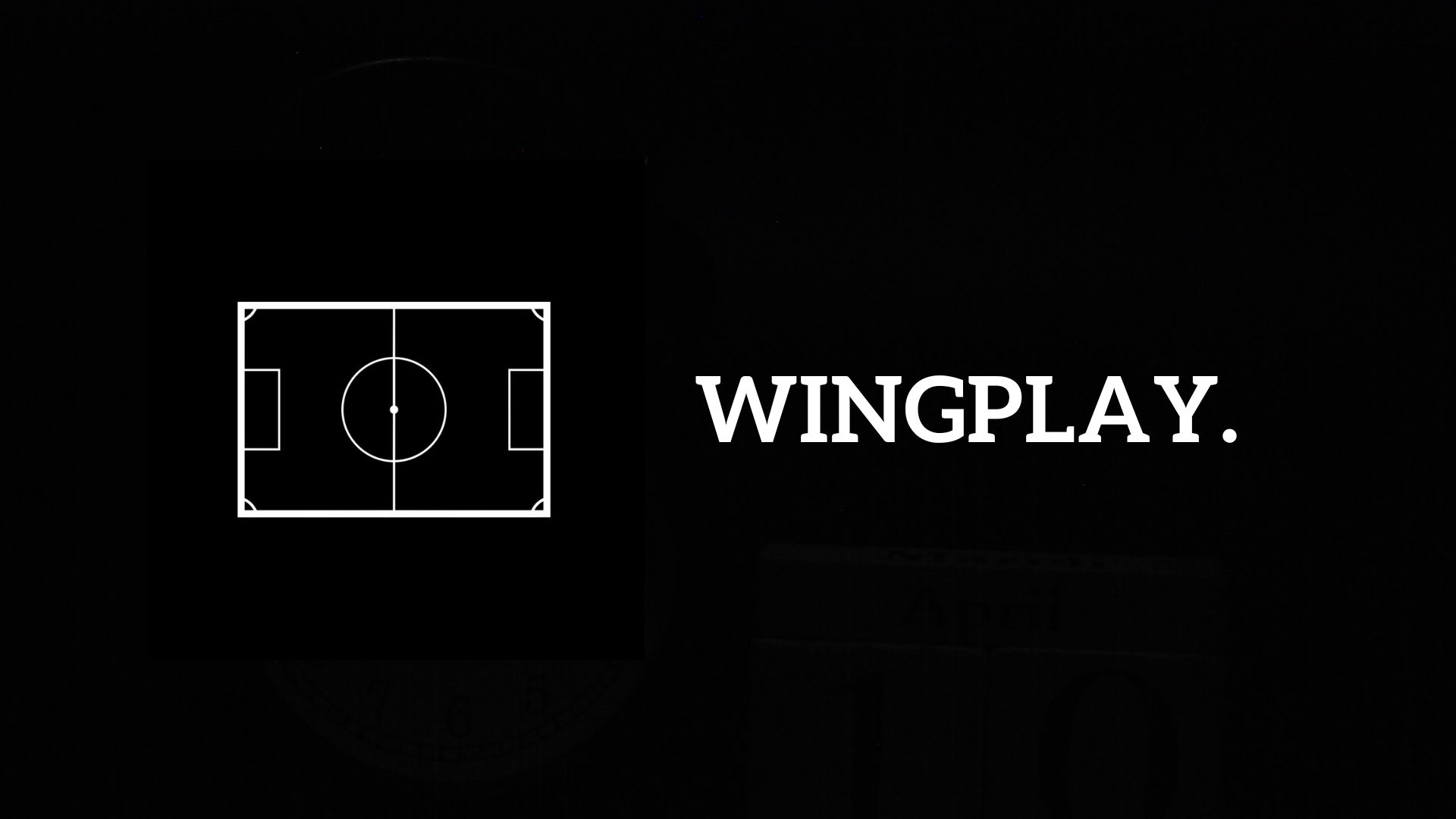In the 2007/08 season, third-tier Barcelona B faced off against the club’s senior side.
Barcelona were managed by Frank Rijkaard, they also arguably boasted the most talented squad in world football at the time.
Despite this the club had struggled that season, and looked a forlorn shadow of what they would become.
Revered journalist Guillem Balagué recounts: ”Ronaldinho was taken off after 10 minutes, Deco was clearly tired and the reserve boys, still in the third division were running the first team ragged.”
As Rijkaard retreated mid-game to smoke a cigarette it became clear that a changing of the guard was due at Barcelona, and who better to take the helm than the manager of that same Barcelona B team that was taking it to the first team – Pep Guardiola.
Guardiola’s Influence
Guardiola was undoubtedly heavily influenced in his tactical philosophy by Johan Cruyff – whom he served under during his playing days.
As a player, Guardiola’s talent lay in the mental side of the game – he did not have an imposing frame or tremendous speed. What he did possess however, was a deep understanding for the tactical side of the game, impressive spacial awareness, and, outstanding passing vision.
Guardiola lined up as a midfield pivot in Cruyff’s side. He perfectly suited Cruyff’s tactical visions for the game.
Indeed, many of the main tactical ideas seen within Cruyff’s ideology also emerge within Guardiola’s: an obsession with maintaining possession, counter-pressing, ‘sweeper’ keepers, and attacking fluidity.
Both men also showcased an affection for the famed ‘La Masia’ academy, often opting to promote youth players rather than go out to attain big name signings who were not used to the Barcelona way.
The connections go further than merely the tactical, for instance, Guardiola’s metronome – Sergio Busquets – was the son of Cruyff’s goalkeeper during his time as Barcelona manager, Carles Busquets.
Guardiola’s Tactical Set-up
The dominance of Pep Guardiola’s side cannot be understated – in his tenure, the side won 14 out of a potential 19 competitions they entered.
This includes a sextuple in 2008/09 – a feat that has only been matched once since, by Bayern Munich in 2019/20.
The phrase most associated with Pep’s side pertains to the way he encouraged his side to build up attacking movements.
Guardiola encouraged his defensive line, along with his goalkeeper to play out from the back – retaining possession and moving forward only when the space left by the opposition warranted them to.
Guardiola favoured swift, triangular passing. His side would use the notion that ‘the ball moves faster than the man’ to full effect.
Their possessional domination allowed Barcelona command of the match – setting the tone and pace of the match as well as acting to frustrate the opposition.
This frustration materialised itself as the opposition’s defensive block slowly losing its shape – leaving space for Pep’s side to exploit. This led to a better quality of attack for Pep’s side and eventually a higher percentage shooting opportunity.
This means of build-up is known as ‘tiki-taka’.
But of course, Barcelona’s attacking play was not as simple as that – Pep’s other main attacking principle was based around the manipulation of space – something this Barcelona side is arguably second to none in.
Guardiola’s fullbacks – Dani Alves and Abidal – harnessed significant technical ability for players who took up defensive positions.
Alves in particular showcased huge attacking ability in his time at Barcelona.
This allowed Guardiola to push his fullbacks forward when in possession, offering attacking width and therefore leaving the opposition defenders in two minds as to who they should focus on.
This created more space and time on the ball for Barcelona’s midfield and attacking talent should the defenders switch their focus to Barcelona’s full backs.
It also allowed Alves and Abidal to offer crossing opportunities from wide positions, as Pep often opted to have his wide forwards – Villa and Pedro to make inside runs, and overload the box.
Pep’s fullbacks forcing the defenders to make marking decisions, and therefore creating attacking space to be exploited was mirrored by his decision to alter Lionel Messi’s tactical role to that of a false nine.
As Messi dropped deeper from the forward line, the defenders again were forced to make a decision of whether to follow Messi or hold their position – either leaving space in behind and exposing passing channels for the inside runs of Villa and Pedro, or allowing Messi time on the ball to utilise his generational talent.
There is no denying that Pep’s tactics took such immense effect due to the outstanding midfield trio of Xavi, Iniesta and Busquets.
Messi dropping off from the forward line allowed him to create a midfield diamond with the trio, thus overloading the centre of the pitch and creating more passing options in build-up.
In order to allow this, Barcelona’s out-of-possession pressing was lead from the front by Villa and Pedro.
This side employed counter-pressing, aiming to win the ball back, in an advanced position, the moment the ball was lost.
If this failed, Pep intended to implement the opposite of his attacking philosophy – promoting defensive compactness an trying to nullify the space in which the opposition could exploit.
The idea of width and space exploitation in attack, and compactness and space minimisation in defence, is one that was key to Johan Cruyff’s philosophy as well.
Final Thoughts
Guardiola’s Barcelona side is for many, the strongest and most tactically impressive side of recent history.
The traces of Guardiola’s playing days through the influence of being managed by Johan Cruyff is clear to see.
Defensive build-up, spacial manipulation, counter-pressing and a focus on maintaining possession is overtly evident in both Cruyff and Guardiola’s tactical ideologies during their respective times at Barcelona.
This tactical ideology, twinned with the amazing talent that Barcelona possessed, caused arguably the most formidable side football has seen in recent history.
